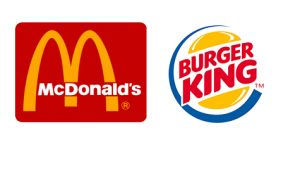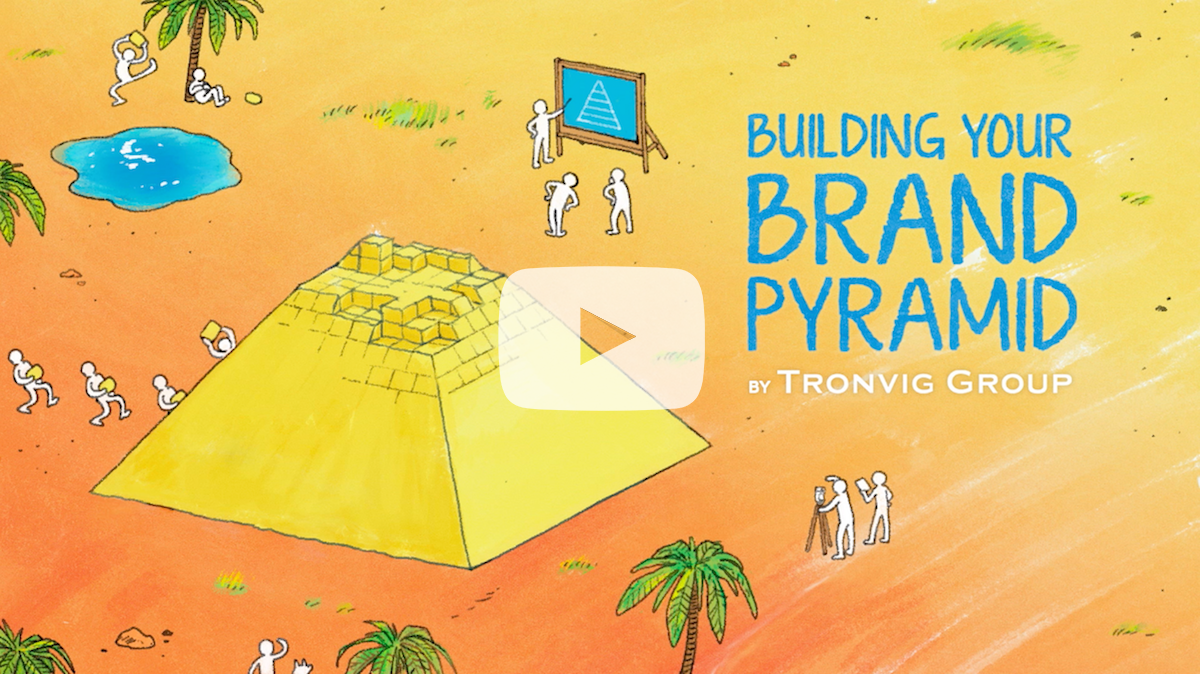Your name (and sometimes your tagline) is your brand headline. Most people never read past the headline, unless it really tells them enough to want more.
It’s your biggest brand asset.

The particulars of your organization or product name and what you or others closely associate with it matter a lot.
Is it better to have a unique name like Kinko’s or a more descriptive one like Staples? Is it better to have a name that’s actually a person’s name like Lowe’s or something that really clues you in to what the core business promise is such as Home Depot? International Business Machines or just a feel-good symbol like Apple?
There is danger and reward everywhere.
Every time she introduces SalesForce, she has to take a detour to explain how the name SalesForce no longer really fully represents what the company’s products do.
I know someone who sells services related to SalesForce (which I see as a descriptive name). Every time she introduces SalesForce, she has to take a detour to explain how the name SalesForce no longer really fully represents what the company’s products do. “It’s not just for sales people,” she says. “They have made the ‘force’ stronger in the logo to emphasize that.”
Hmmm. Someone at SalesForce made the calculation that the brand equity and recognition (built over years) for the name SalesForce was more important than fixing the name so it would more truly reflect what their product has become.
This may be right, but it sure makes life harder for my friend.
SalesForce is the dominant company in that category, so maybe they can afford to have this kind of problem. I would suggest that smaller players—and maybe you—cannot. It’s too much of a drag on your brand. This weakness represents an opportunity for exploitation by savvy competitors.
The meaning of the words in your brand is stable and fixed while your company and what you stand for may not be.
This example illustrates the biggest pitfall of a name that means something: it means something, and what people hold in their minds about that meaning is controlled primarily by them and not you. So the words’ meaning is stable and fixed while your company and what you stand for may not be. What you do may change and evolve over time, and you have to be pretty big and important to take the meaning of those words along with you.
It’s nearly impossible to redefine the meaning of any word that has an actual dictionary definition. This is what SalesForce is contending with now. They cannot make “sales” mean “database.” So more than a few companies in this situation have been forced to leave their original name behind. That’s painful. (If you happen to be in exactly this place in your business life cycle, you really should call us.)
I think it is important to note that SalesForce’s easy-to-understand-and-remember name contributed to making them the dominant player in their category. Now, it seems, they are stuck with it even though it’s no longer true, and they would’t really have this problem if they had an abstract name.
So what about abstract names?
The biggest problem with abstract names is that they require that you spend marketing money sufficient to build their meaning from scratch in the minds of the brand audience. In a public-facing brand this can be a major undertaking.
The biggest problem with abstract names is that they require that you spend marketing money sufficient to build their meaning from scratch in the minds of the brand audience.
It’s easy to cite Google as an example of a smashing success for this kind of up-from-no-meaning brand name, but I would suggest that this is not necessarily a good representative example (not for mortal companies and nonprofits anyway). Maybe a much better example might be Ookles. Never heard of them? Do you know what they do or why you should care? Well, that’s right. That’s a very BIG pitfall of going this route. It’s easy work for trademarks people, hard work for everyone else.
So why not just use a unique name with no dictionary definition? Or a pleasant but logically unrelated name like Apple?
If you are able to market the hell out of your new name (or your target is so small that you can readily meet with each of them to explain what your name really means—like us), go ahead and choose something devoid of original meaning so you can fill it with your own particular brand meaning.
If you cannot afford to do this, however, I would suggest that you try to use something that gets people closer to why you exist and why they should care.
As a nonprofit, your brand is one of your key assets. It should embody and support the trust people put in your mission and your ability to deliver on it.
This problem is amplified even more if you are a nonprofit. As a nonprofit, your brand is one of your key assets. It should embody and support the trust people put in your mission and your ability to deliver on it. Building this up from nothing is just a lot harder.
I may eventually learn to trust an organization called Peopony that does the same thing as the Wildlife Conservation Society, but it’s harder and there is a much greater onus on the organization to fill in the meaning. This task is hard enough if the name is immediately clear. It’s just that much harder if it isn’t.
In the absence of lots of cash, I generally prefer the risks of a more descriptive name.
Until I stopped eating beef 14 years ago, I was a Burger King man.
Do you need an affordable way to improve your brand today?
Because we know that not everyone needs or can afford our full process, we created a guided tutorial package for our foundational brand strategy tool: the Brand Pyramid. Watch the video for a preview.
For more information on the brand strategy tutorial, visit here where you will find a fuller explanation and link to a free download of the first video.



Ask for help.
We are kind, thorough and ready when you are. You just need to ask.